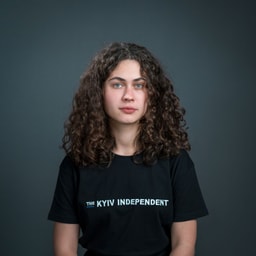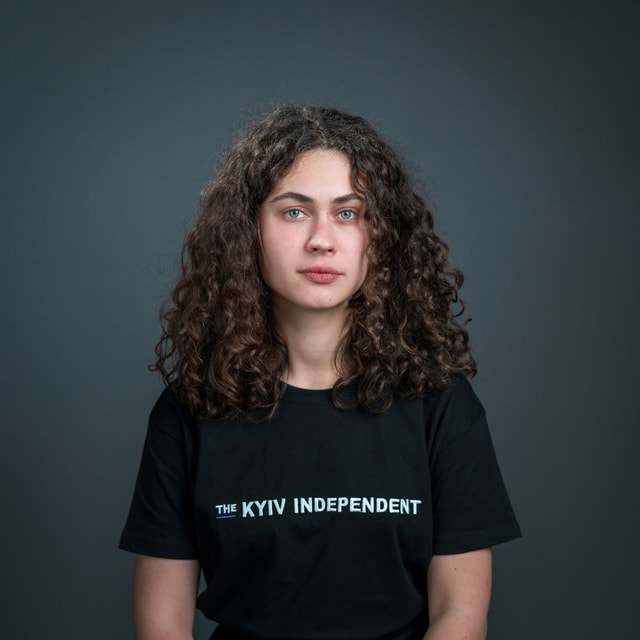Estonia bans non-EU citizens from local election voting, mostly Russians and Belarusians affected

Estonia's parliament on March 26 voted to amend the constitution to deprive non-EU citizens — mainly targeting Russins and Belarusians — voting rights in local elections, Estonian Public Broadcasting (ERR) reported.
The Baltic state's population is around 1.3 million including some 322,700 ethnic Russians, of which around 90,000 have Russian citizenship, according to data from 2022.
Rising tensions between the Baltic states and Russia and its ally Belarus since the start of the full-scale invasion of Ukraine prompted Estonia in 2022 to prohibit Russian citizens from obtaining visas and residence permits for working, doing business, and studying.
"The decisions in our local life won't be made by the citizens of the aggressor states, but we'll decide by ourselves," Estonian Prime Minister Kristen Michal said after the March 26 vote.
According to the amendments, only Estonian and EU citizens will have the right to vote in local elections. Those with undefined citizenship and stateless persons will be able to vote for the last time during the next elections, which will be held on Oct. 19.
A majority — 93 of 101 — of politicians voted in favour of the amendments. The bill now passes to Estonian President Alar Karis to sign into law.
Lauri Laats, chairman of the Centrist Party faction who voted against the amendment, described the decision as "wrong."
"This is not a democratic decision. We have already said that we will not support this decision," he added.
But Toomas Uibo, chairman of the liberal political party Estonia 200, denied the bill was discriminatory "because people have freedom of choice — they can become Estonian citizens."
Estonia has significantly increased its defense budget, allocating 3.2% of GDP to defense in 2024, more than double its spending since the all-out war in Ukraine began nearly three years ago.
Estonia has also pledged to raise defense spending from 3.7% of GDP to 5% during 2025 following the alarming Russian threat and U.S. President Donald Trump's call to increase defense spending.












